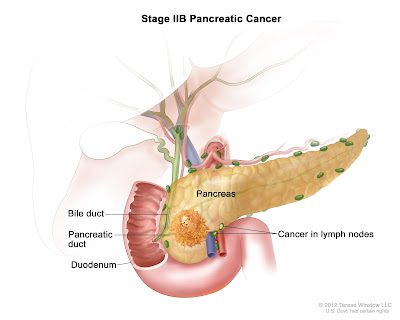A gastric ulcer, also known as stomach ulcer is usually caused by an infection with a germ called Helicobacter pylori (H. pylori). A 4 to 8 week course of acid-suppressing medication will let the ulcer heal. In addition, a 1 week course of two antibiotics with an acid-suppressing medicine will usually clean the H. pylori infection. This in most cases prevents the ulcer from returning. Anti-inflammatory medicines which are used to treat conditions such as arthritis can sometimes cause stomach ulcers.
What Are The Symptoms?
How Is It Treated?
A 4 to 8 week course of a medicine that reduces the amount of acid that your stomach makes is commonly advised. The most common medicine is a proton pump inhibitor (PPI). PPIs are a class of medicines that work on the cells that line the stomach, reducing the creation of acid. These include esomeprazole, lansoprazole, omeprazole, pantoprazole & rabeprazole, and come in many brand names. Sometimes another group of medicines called H2 blockers are used.
Dr. Premkumar Balachandran provides the best treatment for Gastric Ulcer in Chennai. To get an appointment for gastric ulcer log on to www.gastrosurgeononline.com
Visit us at : www.gastrosurgeononline.com
Mail us at : gastrosurgeonchennai2015@gmail.com
What Are The Symptoms?
- Pain in the abdomen just below the breastbone (sternum) is the most common symptom. It usually comes and goes in short bursts. Food makes this pain worse.The pain may even wake you from sleep.
- Bloating, retching, and feeling sick. You may feel particularly 'full' after a meal.
- Bleeding ulcer which can range from a 'trickle' to a life-threatening bleed.
- Perforation is where the ulcer goes right through (perforates) the wall of the stomach. Food and acid then leak into the abdominal cavity. This usually causes pain and calls for immediate action.
How Is It Treated?
A 4 to 8 week course of a medicine that reduces the amount of acid that your stomach makes is commonly advised. The most common medicine is a proton pump inhibitor (PPI). PPIs are a class of medicines that work on the cells that line the stomach, reducing the creation of acid. These include esomeprazole, lansoprazole, omeprazole, pantoprazole & rabeprazole, and come in many brand names. Sometimes another group of medicines called H2 blockers are used.
Dr. Premkumar Balachandran provides the best treatment for Gastric Ulcer in Chennai. To get an appointment for gastric ulcer log on to www.gastrosurgeononline.com
Visit us at : www.gastrosurgeononline.com
Mail us at : gastrosurgeonchennai2015@gmail.com



